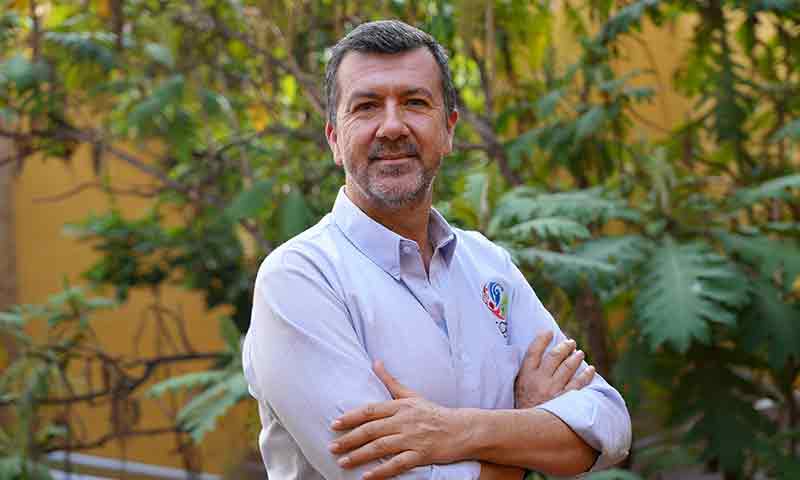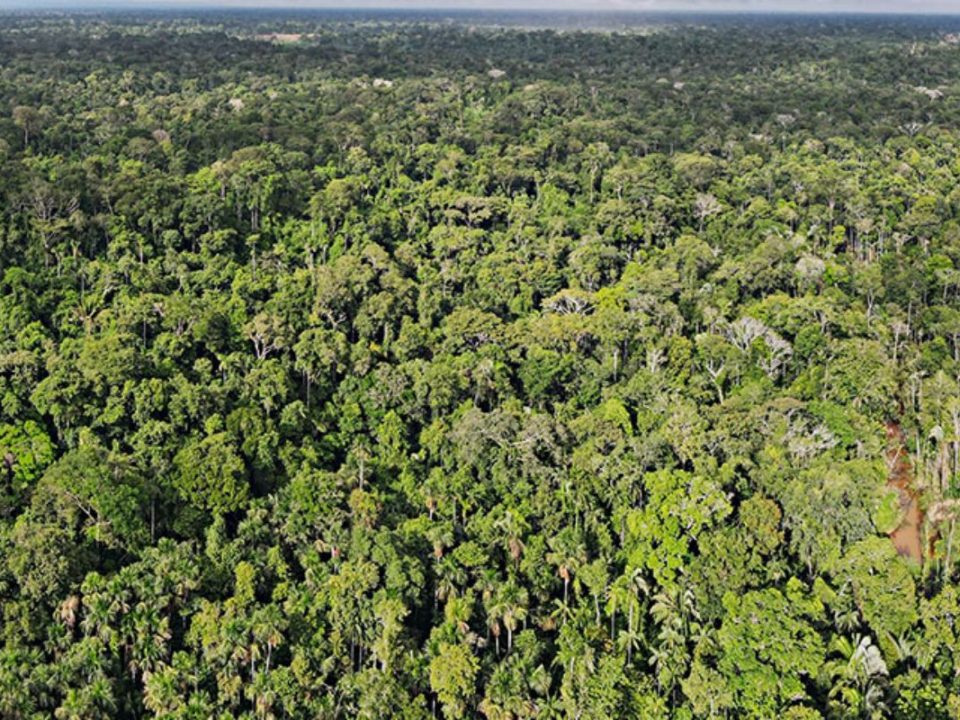María Juliana Gómez, a professional in gender mainstreaming at FCDS, had the mission of listening to rural women in the department of Guaviare, voices that have remained hidden by machismo.
She had prepared two gender workshops in the villages of Caño Pescado and La Cristalina. As she flew from Bogota to the jungle, she became anxious about the possible low attendance of her future students.
“Rural women do not have much free time. Throughout the day they do chores such as milking, harvesting, housekeeping and preparing meals for the family. In addition, the husbands of many of them do not give them permission to go out. “.
However, a hunch told him that this would not happen in his workshops, activities where billboards full of letters, laws, articles and regulations and long, bombastic speeches are conspicuous by their absence.
“I was a little reassured because several of the women who were invited are social and environmental leaders in the territory”. They are all part of the FCDS community forestry program, which is financially supported by the Government of Norway and the Amazonia Mia program, and lead productive forestry initiatives.
The workshop in Caño Pescado, one of the villages of El Capricho in San José del Guaviare, was scheduled for nine in the morning. María Juliana and several FCDS professionals arrived earlier.
A room with few walls and a blue aluminum roof would be the setting for the gender workshop. The sky was cloudless, the sun’s rays accelerated their intensity and the strong wind stirred up the dust of a dry reddish trail.
Little by little, about 30 rural women from various villages of El Capricho, the village where the foundation’s community forestry program was born more than five years ago, began to appear.
They all arrived on motorcycles. Some were accompanied by their husbands, who wanted to know what topics would be discussed at the workshop. “Some men do not like their wives to participate in meetings where the male gender is not present,” said María Juliana.
Let’s dream
The peasant women sat on the plastic chairs arranged in a circle. Some murmured among themselves in low voices and others preferred not to utter a single word. It was evident on their faces that they were nervous.
María Juliana stood in the middle of the circle. After introducing herself, she informed them that this gender workshop would focus on a topic that is little talked about in the territory: women’s right to decide about land.
“Half of the country’s rural population are women. What we are looking for with these workshops is for them to know the tools they have to be able to make decisions and not be afraid to speak out on the same terms as men. We all have the power of command “.






